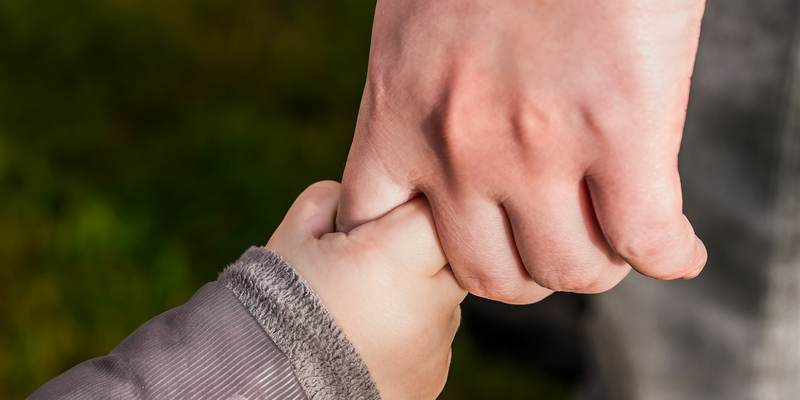The Guardian (10.8.18) published an article calling for new fathers to be screened for depression following the arrival of a new baby as evidence suggests they might experience similar rates of post-natal depression to mothers. As far back as 2008 in a paper by Ramchandani et al in the Journal of the American Academic Child and Adolescent Psychiatry reported that depression in fathers in the postnatal period is associated with later psychiatric disorders in their children, independently of maternal postnatal depression. They recommended that further research into the risks associated with paternal psychopathology was required because this could represent an important opportunity for public health intervention. Despite this little attention has been given to the impact of paternal postnatal depression on the welfare of their children, despite evidence that fathers play an important role in contributing to the resilience and well-being not only of their partners, but also of their children.
In KidsTime workshops, multifamily interventions using play, drama and parental support, we have been working with families where one or both parents have had a mental disorder. Children in these family environments often are affected by parental mental illness and struggle to understand and adapt to the strains of inconsistent parenting which in turn has an effect on their emotional wellbeing. Children either withdraw, find it difficult to ask questions, are concerned about possible separations or inheriting the disorder, or even take on premature caring responsibilities, which in turn stymies their own emotional development as kids or impacts on their academic performance. We have been impressed at the benefits to children when fathers participate actively in supporting their children when their mothers experience mental health difficulties, and the negative effects on kids when fathers are physically or emotionally absent. The presence of a safe adult tends to be associated with resilience in the children.
Fathers who experience a mental illness may not be able to act as a buffer when mother is unwell, and if both parents become emotionally unavailable the chances are that children may have to be cared elsewhere. These workshops offer children and parents an opportunity to discuss openly, in a playful and non-threatening environment, questions about mental illness. Explanations tend to demystify the condition and leave less room for scary fantasies.
KidsTime workshops have been available in some parts of the country, as well as in Spain, Germany and Portugal, and started 20 years ago in London.
If you want to find out more about KidsTime workshops visit our website at www.kidstimefoundation.org


